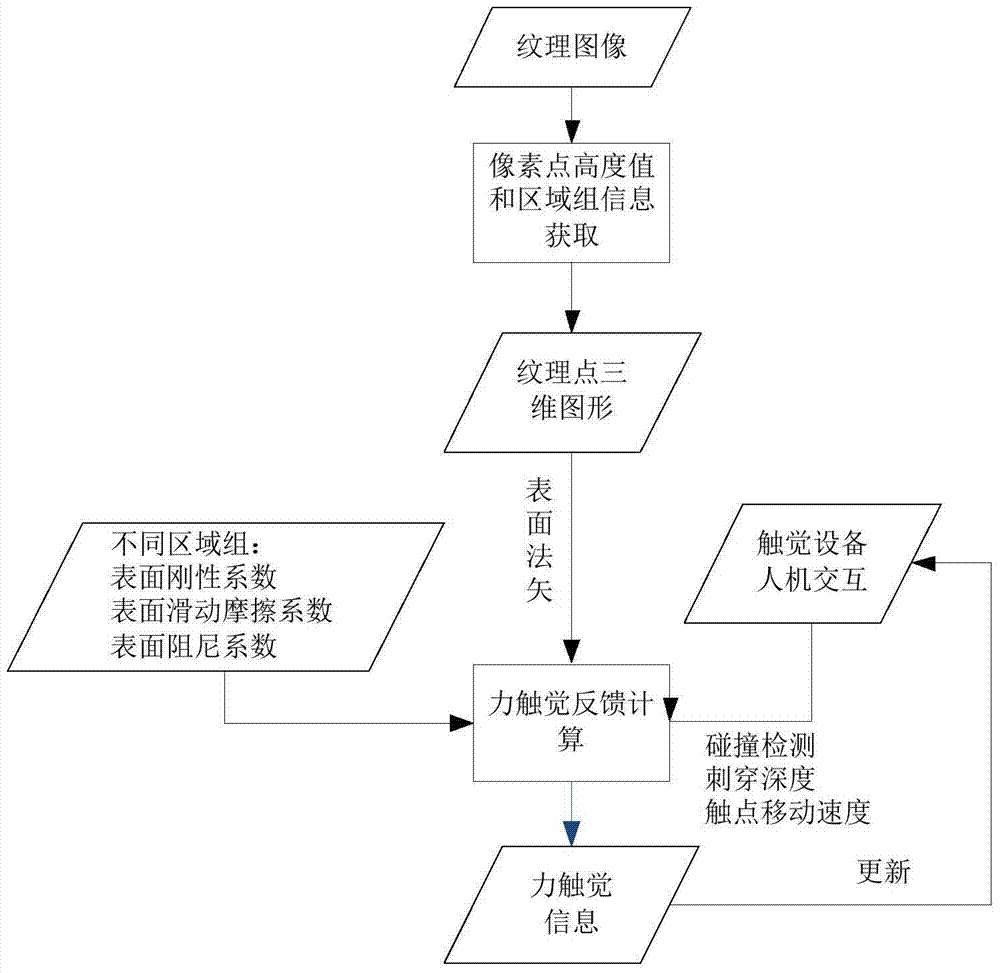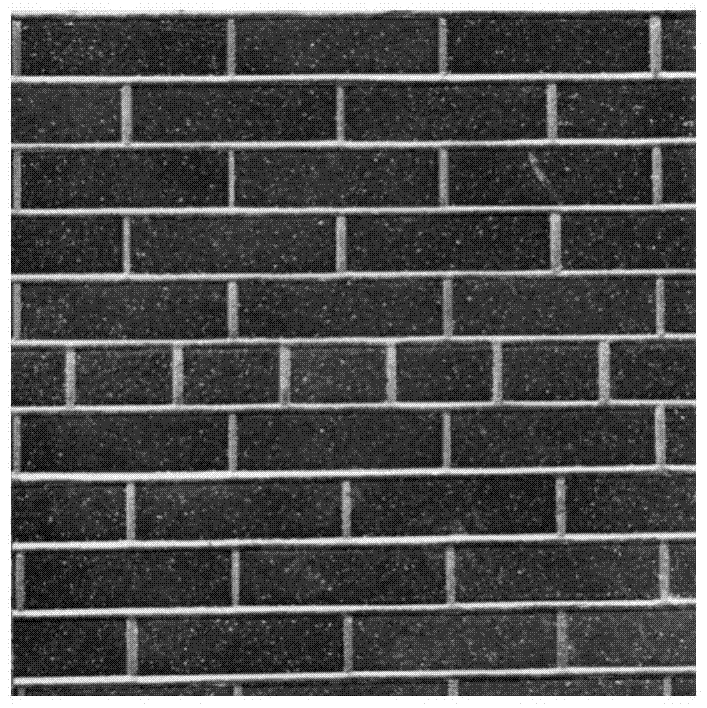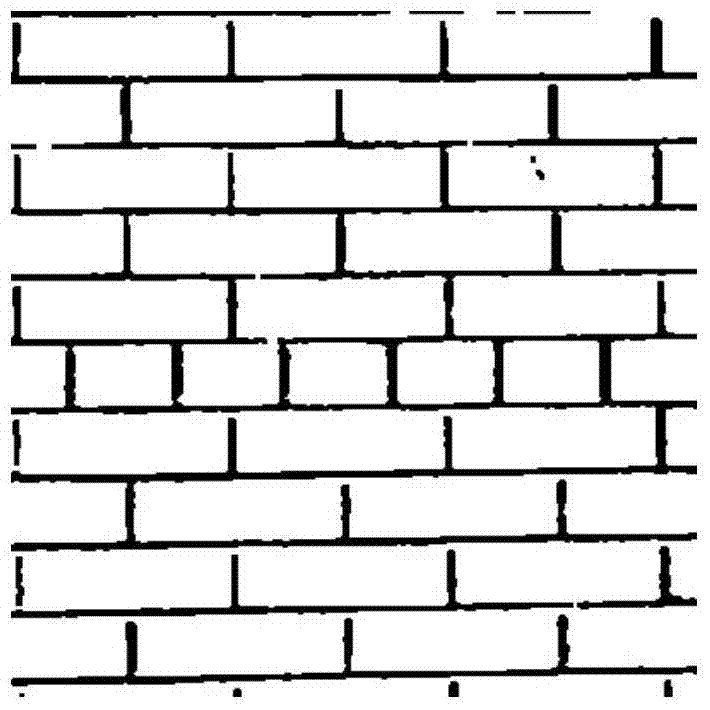A force-tactile generation method for rigid texture images based on five elements
A texture image and rigid technology, which is applied in image analysis, image data processing, instruments, etc., can solve the problem of not being able to perceive texture details, pixel force, touch, etc., and achieve the effect of improving realism
- Summary
- Abstract
- Description
- Claims
- Application Information
AI Technical Summary
Problems solved by technology
Method used
Image
Examples
Embodiment Construction
[0031] The present invention will be further described below in conjunction with drawings and embodiments.
[0032] Such as figure 1 As shown, the present invention first reads the rigid texture image, performs region grouping and pixel height value acquisition on the texture image, converts the texture image into a three-dimensional texture image, solves the surface normal vector of each grid of the texture image, and assigns different area groups Different physical properties (surface rigidity coefficient, surface sliding friction coefficient and surface damping coefficient), in the process of human-computer interaction, get the penetration depth of the interaction point and the moving speed of the agent point, solve and output the stability of different objects in the texture image And continuous force touch.
[0033] Such as figure 1 Shown, specifically the inventive method comprises:
[0034] 1) Perform region grouping and pixel height value acquisition on rigid textur...
PUM
 Login to View More
Login to View More Abstract
Description
Claims
Application Information
 Login to View More
Login to View More - R&D
- Intellectual Property
- Life Sciences
- Materials
- Tech Scout
- Unparalleled Data Quality
- Higher Quality Content
- 60% Fewer Hallucinations
Browse by: Latest US Patents, China's latest patents, Technical Efficacy Thesaurus, Application Domain, Technology Topic, Popular Technical Reports.
© 2025 PatSnap. All rights reserved.Legal|Privacy policy|Modern Slavery Act Transparency Statement|Sitemap|About US| Contact US: help@patsnap.com



